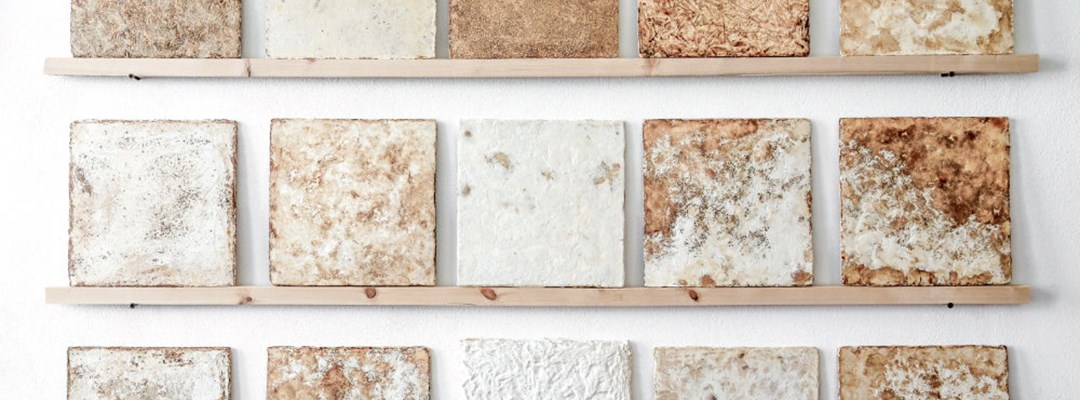
- 15. May 2025
EASI ZERo defines path to market for seven sustainable building materials
A new report from the EASI ZERo project defines performance specifications for seven innovative bio-based building envelope materials being developed for sustainable renovations across Europe. These specifications establish the exact requirements each material must meet to deliver effective, energy-efficient building renovations while maintaining practical market viability.
The report serves as a roadmap for manufacturers in the project developing these next-generation materials. The seven materials cover different types of bio-based insulation panels, a render with enhanced insulation properties, bio-based frames for windows and a paint that actively removes volatile organic compounds – all are essential parts of the EASI ZERo component kit for energy-efficient renovations with a significantly reduced carbon footprint.
Clear roadmap for sustainable material development
The product requirements analysis serves as the bridge between the project's ambitious sustainability goals and the practical reality of developing new construction materials. They define specific, measurable targets that each material must meet to deliver both environmental benefits and practical construction performance.
- These requirements answer critical questions that guide our product development, explains Ivan Jankovic, Team Lead from the Buildings Performance Institute Europe (BPIE), one of EASI ZERo’s 16 project partners.
- The requirements establish exactly how thermally efficient our insulation must be, what production costs are viable, how quickly materials must be installed, and what environmental impact is acceptable, says Ivan Jankovic.
Requirements informed by market research
The requirements were developed by analyzing building energy performance in seven different European countries. This analysis allowed BPIE to identify optimal performance values for different building elements, making it possible to pinpoint how the materials can be used to make the largest energy improvements.
To ensure market viability, the team also conducted extensive research covering 146 insulating panel products, 32 window frames, and various VOC-removal paints from major European retailers. This established current performance benchmarks and revealed relationships between product characteristics and costs in Denmark, France, Germany, Italy, Norway, Poland, and Spain.
- By balancing technical performance with economic viability, we've created requirements that are both ambitious and achievable, notes Ivan Jankovic.
Testing and validation of materials
The product requirements are now actively guiding the ongoing development and testing phases of the EASI ZERo project. Manufacturers are using these specifications to refine their bio-based materials, with laboratory testing and validation already in progress. Real-world case simulation studies are being conducted to demonstrate the materials' performance in actual renovation scenarios.
The EASI ZERo project, funded by the European Union under Grant Agreement 101091531, runs until May 2026 and aims to develop and demonstrate sustainable material systems for zero-energy building renovations across Europe.
Read the full report: “Final list of product requirements”
And the background report: “Product design baseline report”
FACTS
Seven innovative materials
The product requirements cover seven construction products being developed within the EASI ZERo project:
- Mycelium-based inside-the-wall thermal insulating panels: High-performance insulation panels made from fungal mycelium for use within wall cavities
- Mycelium-based decorative insulating panels for inner walls: Interior-facing panels that combine insulation properties with decorative finishes
- Bio-based sprayable PUR foam and paint: A sustainable alternative to conventional polyurethane foams for insulating walls, ceiling, floors, and pipes as well as installing door and window frames
- Wood-fibre insulation panels: Rigid insulation boards made from compressed wood fibers for multiple applications
- Thermal insulating render: A specialized rendering material with enhanced insulation properties for exterior walls
- BioPUR moulded frames for windows: Bio-based window frames with excellent thermal performance to replace conventional PVC or aluminum frames
- VOC removal painting: Interior paint that actively removes volatile organic compounds, improving indoor air quality

